Meet World’s “Loneliest Princess” Who is Facing a Heartbreaking Marriage Decision
A royal catch-22.
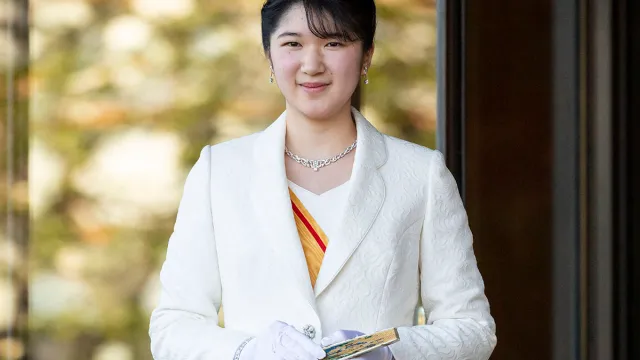
They call her the world’s loneliest princess: Princess Aiko, the only child of Emperor Naruhito and Empress Masako of Japan. At age 21, the princess lives with her parents in the Imperial Palace in Tokyo and recently assumed royal duties. She reportedly had a difficult childhood, and young adulthood isn’t looking much easier: She’s facing a heartbreaking decision about marriage that could be described as a catch-22, to put it mildly.
Aiko will not be able to ascend to the throne because the 1947 Imperial Household Law dictates that no woman can become a monarch. But that’s not her only issue. On top of that as an unmarried female royal, she is only permitted to marry members of the nobility. The problem is that there are none left in Japan. This leaves the princess with two choices, both of which come with negative consequences. Read on to find out what they are.
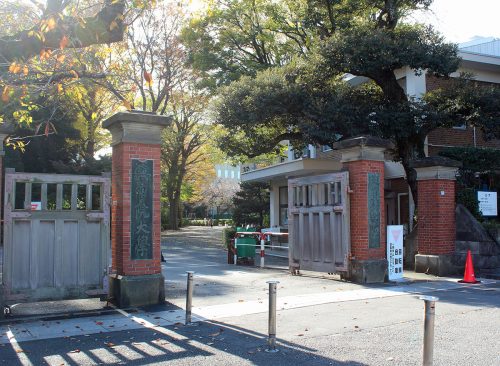
Princess Aiko (also known as Princess Toshi) was reportedly bullied at school and was homeschooled for much of her education. Living in the Imperial Palace, she’s isolated from anyone her own age, which has earned her nickname of “the world’s loneliest princess.”
According to Asahi Shimbun, Aiko is a junior at Gakushuin University in Tokyo, majoring in Japanese language and literature, although she’s taking courses online because of the COVID pandemic.
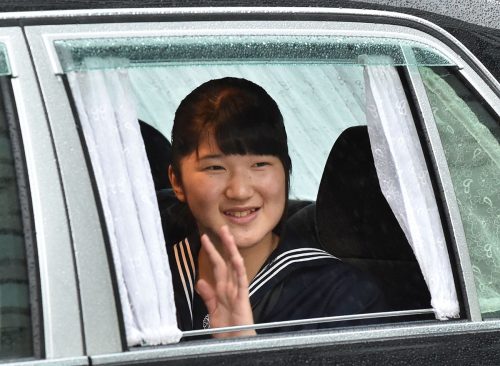
Aiko faces a highly consequential decision. She can choose to marry a commoner, in which case she would be stripped of her royal titles. It’s a move that has been met with recent controversy: In 2021, the Emperor’s niece, Princess Mako, married her college boyfriend and became an ordinary citizen. This brought loud disapproval from some Japanese citizens.
Aiko’s other option is to become a chaste shrine maiden. This role would require her to take vows of purity and chastity, undergo physical and mental training, and work in a Shinto shrine.
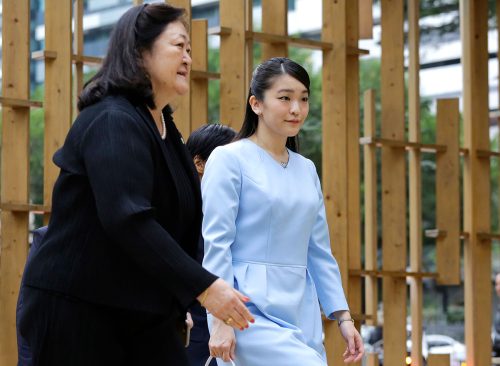
When Princess Mako married attorney Kei Komuro, she lost her title of princess and subsequently moved to New York. This caused a scandal in Japan. Tabloids harshly criticized the couple, and criticism was so fierce on social media that Mako was diagnosed with post-traumatic stress disorder. “She has been experiencing a persistent fear that her life is going to be destroyed, which makes her pessimistic and makes it difficult for her to feel happy,” the Imperial Royal Agency said in a statement.
“Leading up to the wedding, conservatives were saying awful things,” said Julian Ryall, the Telegraph’s Japan correspondent. “One said: ‘I hope she gets divorced and has to come back and spend her life as a shrine maiden.’ The suggestion is she should be unhappy. She abandoned the family and has to be put back on the correct path.”
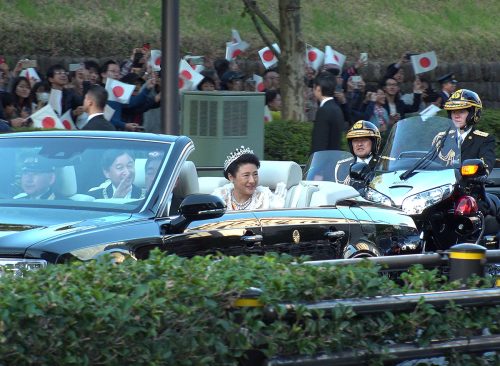
The Japanese royal family is the oldest continuous hereditary monarchy in the world. The Imperial House has seen 126 monarchs, starting in the year 660. After World War II, there were 67 members of the royal family. Now there are 15, and only five of them are male. In 2006, legislation was proposed to allow women to ascend to the throne. But the plans lost steam after the birth of Prince Hisahito, the first male born in the royal family in more than 40 years. Some say it’s time to revisit them.
RELATED: The Biggest Royal Romance Scandals of All Time
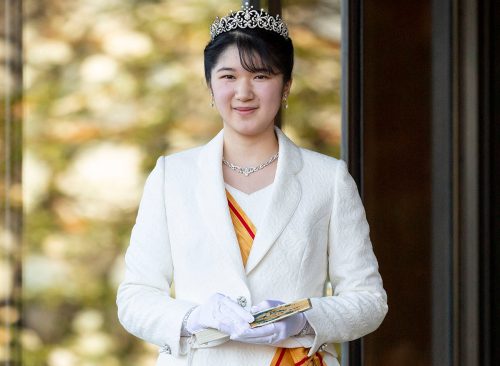
Following the men-only rules of succession, the next in line to the Japanese throne are Crown Prince Fumihito, 56, and his son Prince Hisahito, now 15. But the rules can be changed, and this idea has attracted widespread support. A 2021 Kyodo News poll found that 84% of Japanese citizens support a female emperor.
“Clearly there is great public support for reigning empresses, and maybe at some point someone in the agency or government will come to regard it as an easy PR win,” Christopher Harding, a senior lecturer in Asian history at Edinburgh University, told the Guardian. “That said, I wonder whether enough young Japanese really care enough about the imperial family to be impressed by a change like this,” he added.














